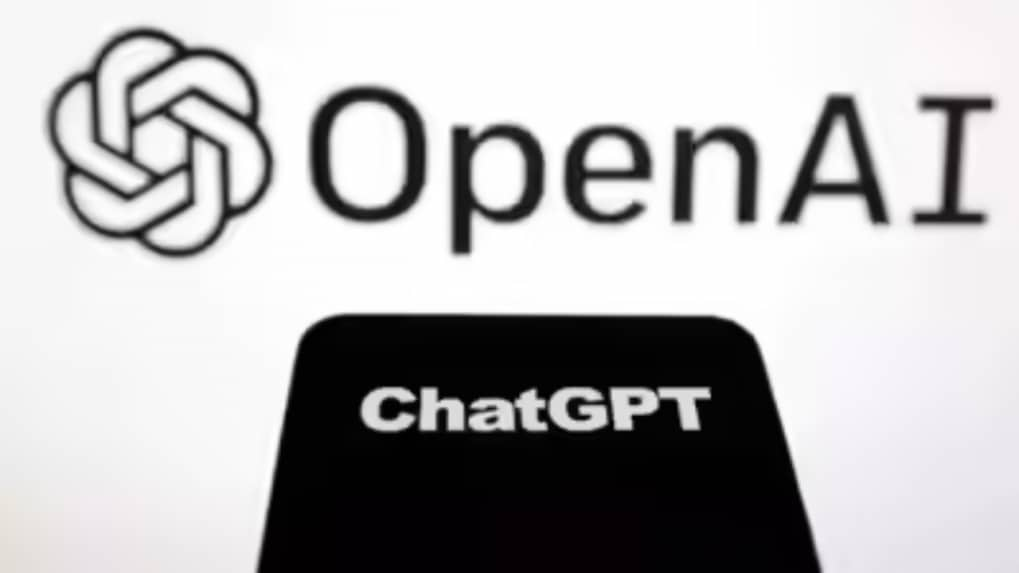ChatGPT-maker OpenAI's global expansion faces legal headwinds in 2025
OpenAI faces mounting legal and regulatory challenges in 2025 while expanding globally, including India, amid copyright lawsuits, fair-use scrutiny, and plans for new offices and data centers.
ADVERTISEMENT
Microsoft-backed OpenAI is navigating a complex regulatory landscape as it expands its operations globally. In 2025, the company has faced significant legal challenges, particularly concerning its data usage practices and expansion into new markets.
Read more: OpenAI updates ChatGPT following lawsuit over teen's suicide
Legal Challenges in India
In India, ChatGPT-owner OpenAI is contending with multiple lawsuits alleging unauthorized use of copyrighted content to train its ChatGPT model. The Indian news agency ANI initiated a lawsuit in November 2024, claiming that OpenAI used its published content without permission. Subsequently, major Indian media outlets have joined the legal battle, accusing OpenAI of scraping and reproducing their work without authorization.
OpenAI has denied these allegations, asserting that it uses publicly available data under fair use principles and does not have partnerships with these media groups.
In response to the growing concerns, the Indian government has established a panel to review the applicability of the Copyright Act of 1957 to AI-generated content. The panel aims to propose recommendations to address the legal and policy implications of AI in copyright.
Expansion Plans and Infrastructure Investments
Despite the legal challenges, ChatGPT-maker OpenAI is moving forward with its expansion plans in India. The company has formally registered as a legal entity in the country and is establishing its first office in New Delhi. OpenAI is also actively hiring for various positions, including sales and marketing roles targeting digital natives, large enterprises, and strategic accounts.
Furthermore, OpenAI is planning to build a large data center in India with at least 1 gigawatt of capacity. This move is part of its broader "Stargate" infrastructure initiative aimed at enhancing AI capabilities in Asia.
Global Legal Landscape
OpenAI's legal challenges are not confined to India. In the United States, the company is facing lawsuits from authors and media organizations alleging unauthorized use of their works to train AI models. A federal judge has allowed a lawsuit from The New York Times and other newspapers to proceed, accusing OpenAI and Microsoft of using their stories to train AI chatbots without permission.
These legal battles highlight the broader issues surrounding AI training practices and the use of copyrighted material. The outcomes of these cases could have significant implications for the AI industry and its data usage policies.
Looking Ahead
As OpenAI continues to expand its global footprint, it will need to navigate the complex regulatory environments of various countries. The company's ability to address legal challenges and comply with local laws will be crucial to its success in international markets. The ongoing legal proceedings in India and the United States will likely set precedents that shape the future of AI development and data usage.
Read more: OpenAI explores India for massive AI data centre under Stargate initiative
Read more: ChatGPT begins testing local pricing in India, plans start at Rs 1,999 per month


